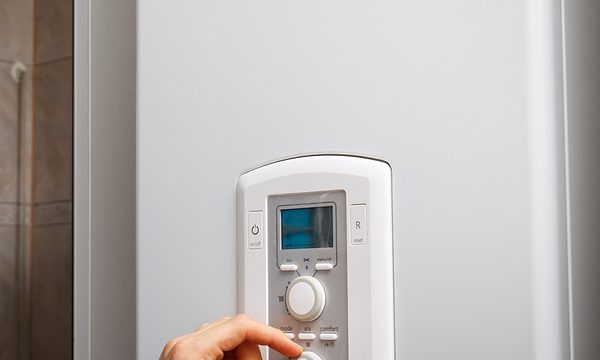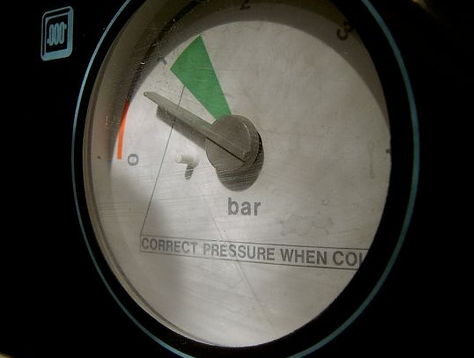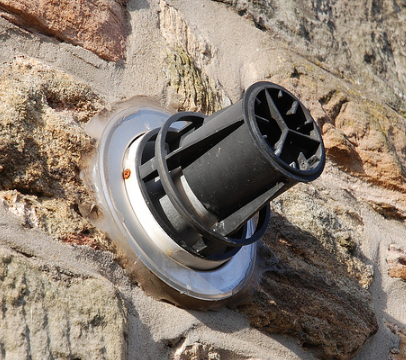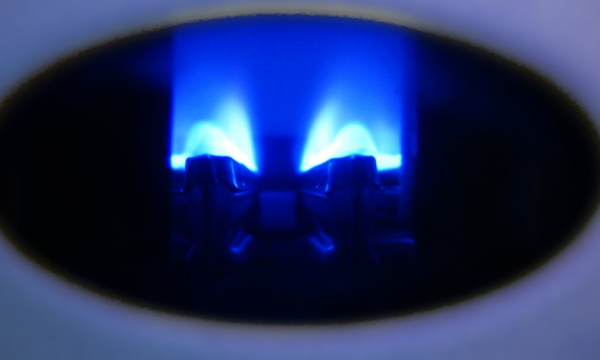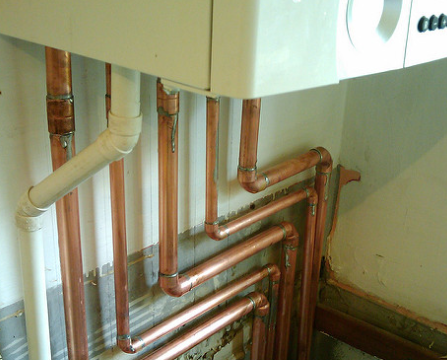As we soon start to get into autumn proper and the longer and colder nights (and mornings) arrive, thoughts turn to warmth and keeping our homes a comfortable temperature. There is however an added factor to add into the mix because it is not just about temperature. We have been in the grip of energy price rises for years. Prices have gone up this year already and are likely to continue to do so during the rest of 2018. This brings about the question on how can we heat our homes effectively whilst not suffering from spiralling bills. In this article, we look at optimum boiler temperature and how this can help.
The crux of the question is like a game of higher or lower. Should the boiler be turned up high for a short period, or should it be constantly on at a lower temperature?
As you might have guessed, the answer isn’t necessarily as straight forward as the question above, because it also depends on so many other factors. These include:
* How efficient the boiler is overall.
* How many radiators the central heating system supports.
* Whether you have controls installed to regulate the output.
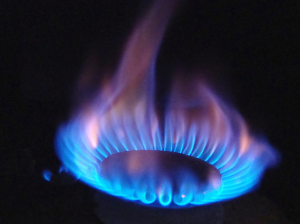
From: From: https://www.flickr.com/photos/kareneliot/4565196571/
Generally speaking, it is accepted by most in the industry that keeping your boiler on constantly at a lower temperature is generally the best option. From a heating point this kind of makes sense. Blasting the heat up and then turning it off means that it will take the same amount of energy to start the process again from cold. At least in the ‘regulatory option’ there is always a base form of heat to start with.
These days in the era of science and modern technology it is much easier to create optimum conditions and a range of controls can easily help this to be achieved. There should be three types of control which are operational for your central heating system – one on the boiler, a room thermostat, and one on the radiators.
Boiler controls regulate how hot the water is being heating by the system. The higher you have this set the more energy you use and the greater cost. Room thermostats allow you to control temperature of the environment. The average is said to be 21oC but it has been proved that turning these down by just 1oC can save you money over the course of a year. Valves on the radiators ensure that they don’t become unnecessarily hot and thus waste energy and money.
Combine all the above three things together, and you will have a very optimised central heating system that gives the greatest efficiently at the least possible cost.
We challenge you to follow this and save money this autumn and winter!
To ask a question or find out more about any of our services, find details on our contact section.

